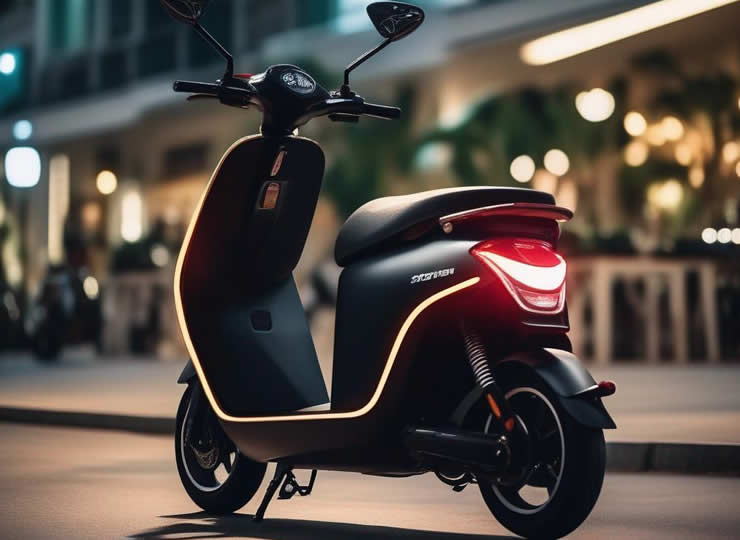文字のサイズ
- 小
- 中
- 大
Demand for electric scooters priced at 30,000-50,000 baht increases in Thailand after subsidies
India and ASEAN, the world’s major motorcycle market countries, have introduced subsidy schemes to promote electric motorcycle sales as part of the government’s EV industry development measures.

In India, sales of electric scooters such as the Ola S1 and TVS iQube, which cost around 140,000 rupees (approx. 252,000 yen, ex-showroom price in Maharashtra, where electric two-wheelers sales are highest) after applying subsidies, are strong, and electric two-wheeler sales are expected to increase from 156,000 in 2021 to 621,000 in 2022. It is expected to reach 631,000 units in 2021 and around 900,000 units in 2023. The share of EVs in motorcycle sales is also expected to increase from 1.1% in 2021 to 3.9% in 2022 and to exceed 5% in 2023.
In Thailand, a key ASEAN country, electric motorcycle sales are expected to rise from 3,742 units in 2021 to 9,886 units in 2022 and exceed 20,000 units in 2023, but the ratio of EVs to motorcycle sales is expected to remain around 0.5% in 2022 and 1.1% in 2023.
Mass-market electric two-wheelers in Thailand are priced at THB 30,000-50,000 (THB 127,000-212,000) after applying subsidies, which is the same or 40% lower than the THB 50,000 price of the Honda Scoopy, the best-selling scooter with a petrol engine. On the other hand, mass-market electric scooters in India such as the Ola S1 and TVS iQube are priced at around 140,000 rupees (approximately 252,000 yen, ex-showroom price in Maharashtra, where electric two-wheelers are sold most frequently) even after applying subsidies, while the most mass-market scooter with a petrol engine This is more than 70% higher than the price of the Honda Activa (110cc), which is around Rs 80,000 (JPY 144,000).
In India, in addition to Ola Electric Mobility, a subsidiary of ANI Technologies, the largest local car-delivery service provider, major local motorcycle manufacturers such as TVS Motor, Bajaj Auto and Hero MotoCorp (which has invested in Ather Energy) are focusing on expanding their electric two-wheeler business. In Thailand, the market is almost exclusively dominated by Japanese motorcycle manufacturers, which have not fully developed their electric motorcycle business, and this difference can be said to be one of the reasons for the differential in EV market growth.






